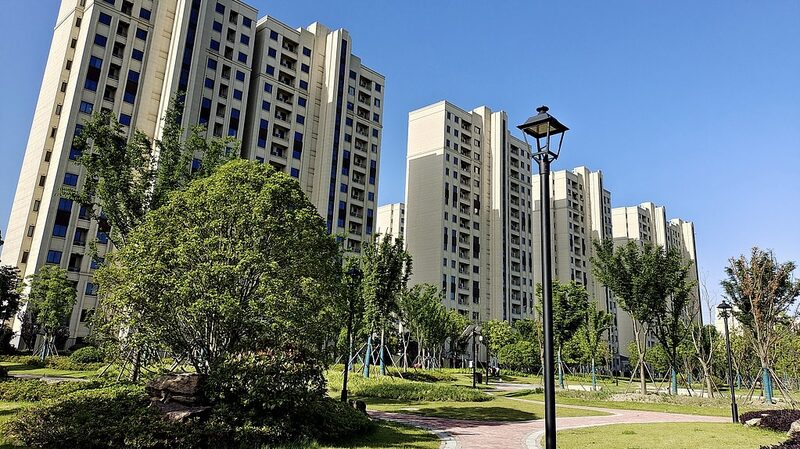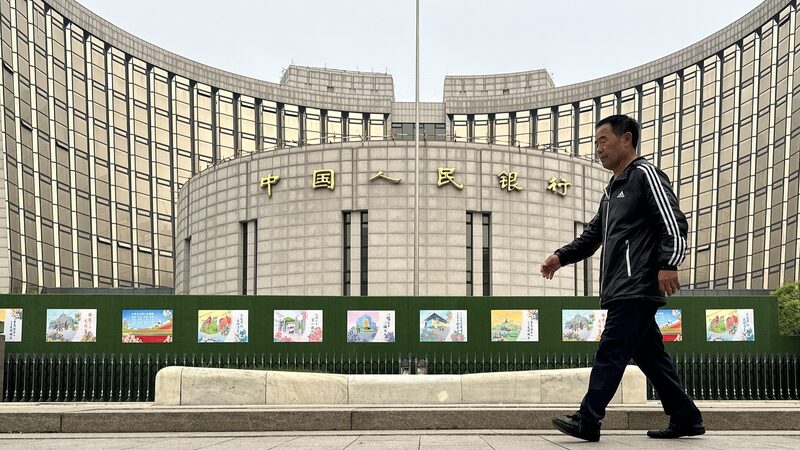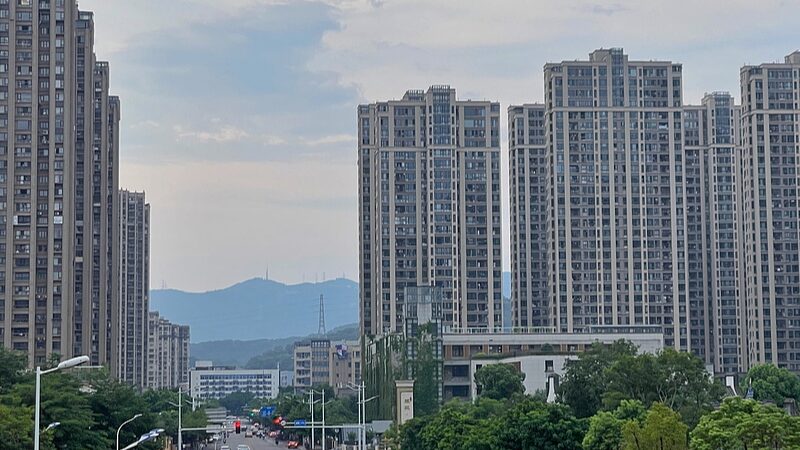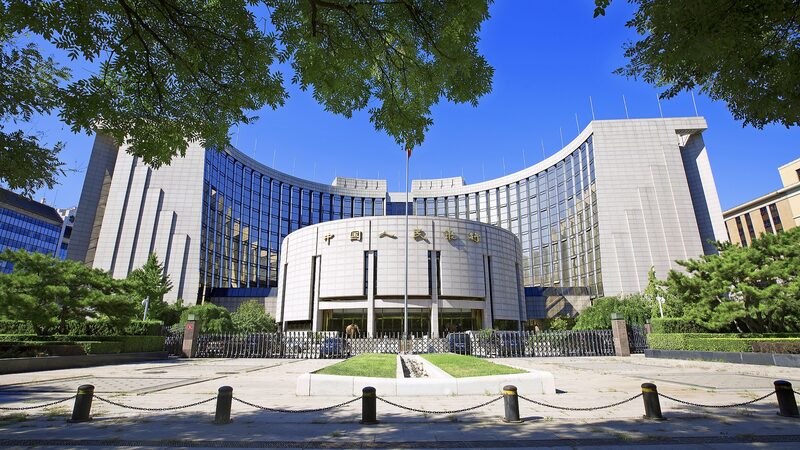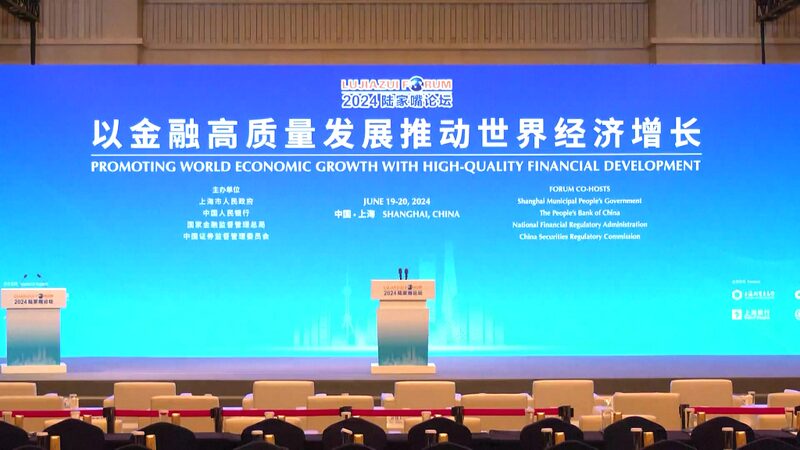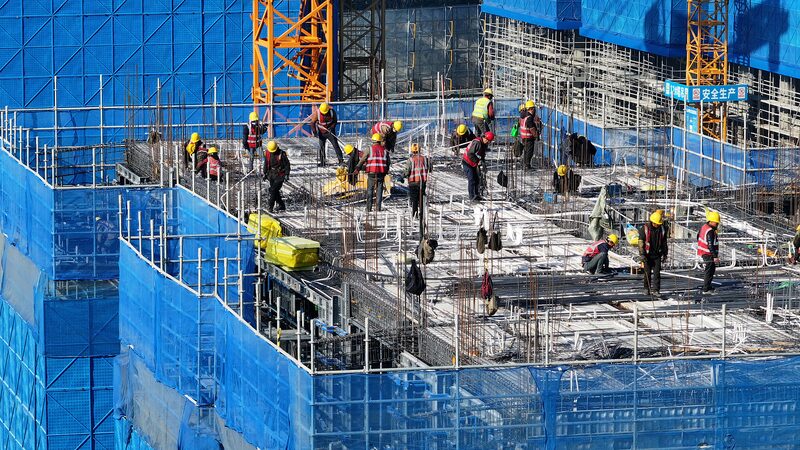China’s central bank has introduced a series of significant monetary policy adjustments aimed at boosting economic growth and stabilizing the housing market.
On Tuesday, Governor Pan Gongsheng of the People’s Bank of China (PBOC) unveiled comprehensive measures, including interest rate cuts and increased market liquidity. These initiatives have been welcomed by economists and homeowners as positive steps towards revitalizing the economy.
Supporting the Housing Sector
In a move to address the ongoing challenges in China’s real estate market, the PBOC announced a reduction in the minimum down payment for second-home mortgages from 25 percent to 15 percent nationwide. Additionally, the central bank will guide commercial banks to reduce interest rates on existing mortgages to align with rates of newly issued loans, with an expected average reduction of 50 basis points.
This policy is anticipated to provide relief to millions of homeowners and stimulate consumer spending. The PBOC estimates that 50 million households will benefit, with a collective annual interest savings of approximately 150 billion yuan (about $21.3 billion).
Homeowners Welcome the Change
Wang Silan, a resident of Beijing who purchased his first apartment in December 2020, expressed relief following the announcement. With a 30-year mortgage at a 4.5 percent interest rate and monthly payments of 5,700 yuan (around $810), Wang said the reduction is “definitely a welcome change.”
“Even though the monthly reduction might not be that noticeable, every yuan counts,” he remarked. “If I had not bought an apartment in 2020, I would definitely buy one now. Renting an old apartment just did not feel right, and I felt like I was paying someone else’s mortgage.”
The recent policy adjustments could mean a significant reduction in Wang’s mortgage rate, potentially lowering it by one percent, as the average new home loan interest rate has dropped to 3.45 percent as of the end of the second quarter.
Lower Loan Prime Rates Expected
The PBOC has reduced the policy interest rate for the seven-day reverse repurchase operation by 0.2 percentage points to 1.5 percent. Consequently, China’s Loan Prime Rates (LPRs), the benchmark for loan pricing, are expected to decline accordingly.
Luo Yan, another Beijing resident who bought an apartment at the end of 2023, is optimistic about the changes. “Luckily, I caught the wave of the central bank’s interest rate cut,” she said. Luo utilized a personal housing provident fund loan, benefiting from lower interest rates than commercial mortgages.
“Whether house prices go up or down, I am not too worried. New homes in good locations are always in demand,” she added.
Boosting Liquidity and Capital Markets
The PBOC also plans to lower the reserve requirement ratio (RRR), the amount of cash that banks must hold in reserve, by 0.5 percentage points “in the near future,” injecting approximately one trillion yuan ($140 billion) of liquidity into the financial system. Further reductions may be considered later this year, depending on market conditions.
To support capital markets, the central bank will introduce new tools, including a securities, fund, and insurance company swap facility, allowing financial institutions to exchange low-liquidity assets for high-quality, high-liquidity assets. An initial 500 billion yuan ($71 billion) has been allocated for this program.
Additionally, the PBOC plans to launch a repurchase agreement program to support stock buybacks and increases in shareholdings by listed companies and their major shareholders, aiming to boost market confidence and stabilize stock prices.
Positive Response from Economists
Economists have generally welcomed the PBOC’s latest policy measures. Wen Bin, chief economist at China Minsheng Bank, stated that the package “has exceeded market expectations.” He noted, “As these policies are gradually implemented and their effects continue to unfold, they are expected to effectively stimulate domestic demand, stabilize credit levels, and contribute to a steady economic recovery.”
Bruce Pang, chief economist of JLL Greater China, commented that the policy adjustments “will better support the steady and healthy development of the real estate market, effectively reducing the behavior of residents prepaying their mortgages and ensuring the stability of bank operations.”
Following the announcements, China’s A-share markets surged on Tuesday, with the benchmark Shanghai Composite Index jumping 4.15 percent at close.
Editor’s Note: Names have been changed to protect the privacy of the interviewees.
Reference(s):
China's central bank unveils sweeping measures to boost economy
cgtn.com
